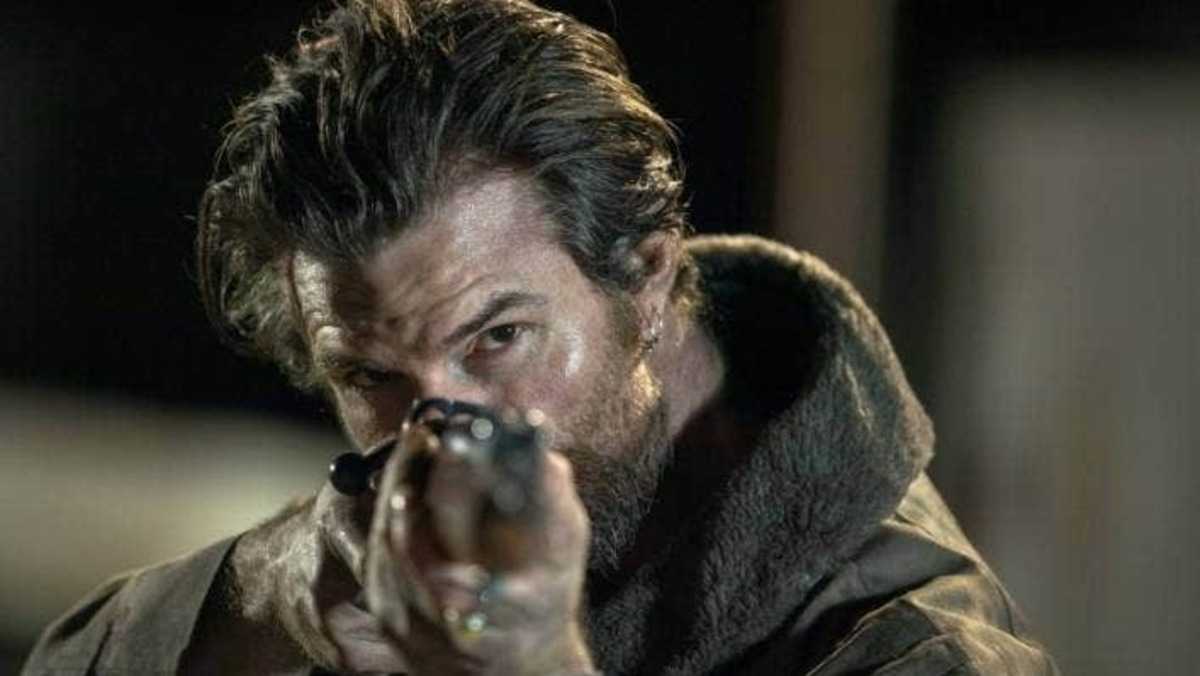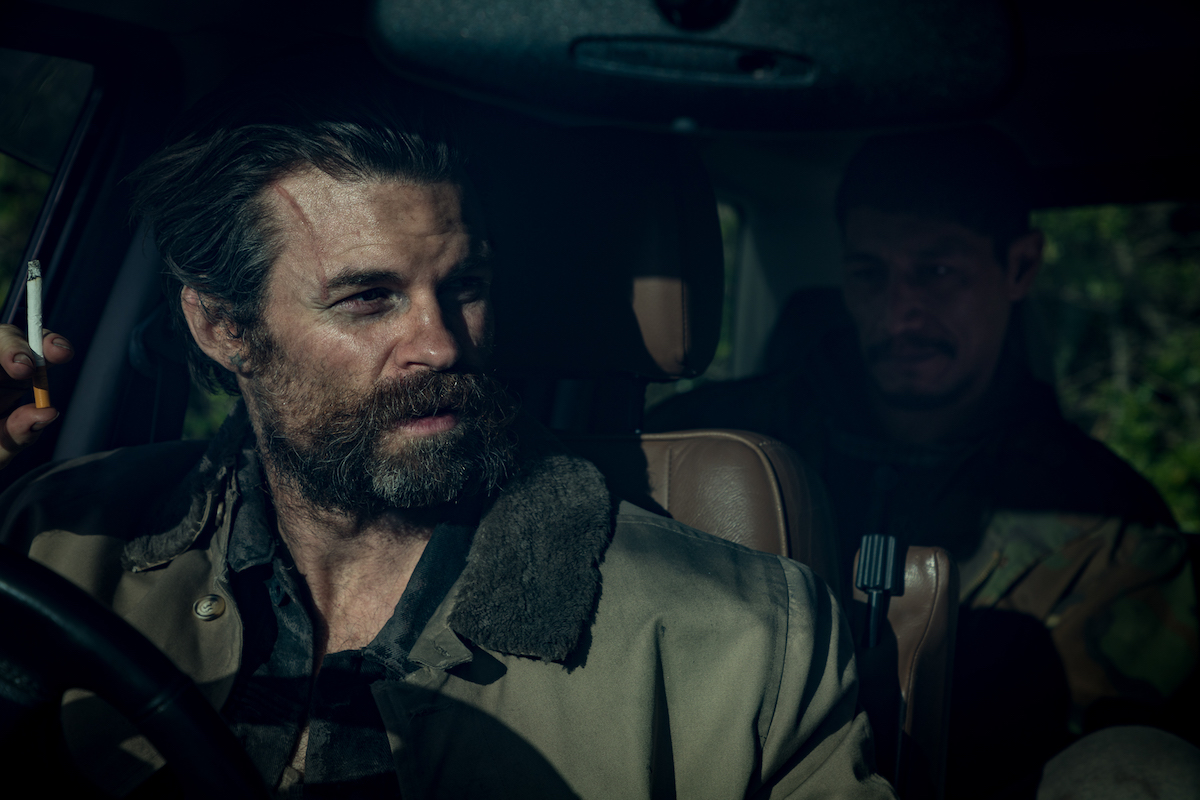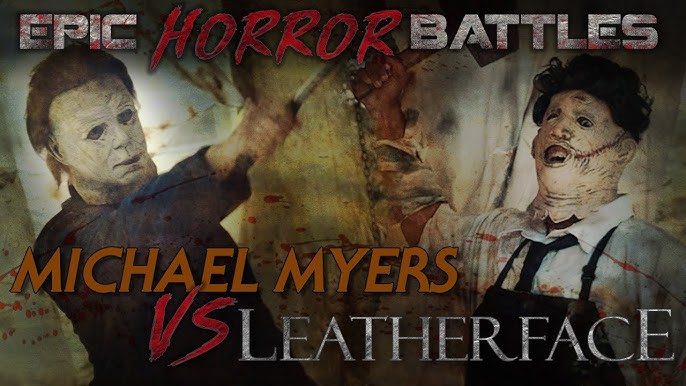Genre: Thriller | Drama | Psychological Horror
Director: James Ashcroft
Starring: Daniel Gillies, Erik Thomson, Miriama McDowell, Matthias Luafutu
Based on the short story by Owen Marshall

Unflinchingly intense and morally harrowing, Coming Home in the Dark is a gripping thriller that grabs you by the throat in its opening minutes and refuses to let go. Directed by James Ashcroft in his feature debut, this New Zealand psychological road thriller explores the inescapable weight of guilt, trauma, and violent retribution.
It’s not just a story of survival—it’s a deeply unsettling character study that blurs the line between victim and villain, forcing the audience to confront uncomfortable truths about complicity and consequence.
The film begins peacefully: a schoolteacher named Hoaggie (Erik Thomson) and his wife Jill (Miriama McDowell) are enjoying a family picnic with their two teenage sons in a remote, scenic part of New Zealand. But tranquility turns to terror when two strangers—Mandrake (Daniel Gillies) and his silent partner Tubs (Matthias Luafutu)—arrive unexpectedly and take the family hostage.
What begins as a terrifying random act of violence slowly unravels into something far more personal. As the group travels across the desolate backroads, dark secrets emerge, revealing that the past is not as buried as Hoaggie thought. The further they drive, the more the emotional and psychological toll escalates—until a final confrontation forces every character to reckon with their own darkness.
Daniel Gillies, best known for more glamorous roles (The Vampire Diaries, Saving Hope), delivers a career-defining performance as Mandrake—a cold, articulate, and oddly philosophical antagonist. His portrayal balances charm with menace, making his unpredictability even more terrifying.
Erik Thomson is equally powerful as Hoaggie, portraying a man whose calm façade crumbles under the weight of his conscience. Miriama McDowell brings raw emotion and strength to Jill, navigating the line between terror, anger, and heartbreak.
James Ashcroft’s direction is lean and relentless. He creates a claustrophobic atmosphere despite the open New Zealand landscape, emphasizing tension with minimalist scoring, stark silences, and unflinching camera work. The film’s visual language—dark roads, empty towns, overcast skies—mirrors the psychological descent of the characters.
The cinematography by Matt Henley is stunning in its simplicity, capturing both the haunting beauty and emotional desolation of the rural setting.
At its core, Coming Home in the Dark is about consequences and accountability—not just of actions, but of inaction. It grapples with moral responsibility, especially in systems (like institutions and schools) that have failed the most vulnerable. The film doesn’t offer easy answers, and that’s what makes it so powerful.
The tone is dark and uncompromising—there is no comic relief, no heroics, just raw human emotion and moral ambiguity.
-
Outstanding lead performances, particularly from Gillies
-
Unrelenting suspense and emotionally grounded tension
-
Visually and thematically powerful direction
-
Thought-provoking message about trauma and justice
-
Emotionally draining—some viewers may find the bleak tone overwhelming
-
A few character motivations remain deliberately ambiguous, which may frustrate those looking for clearer resolutions
-
Not a traditional thriller—it leans more into psychological drama than action
Coming Home in the Dark is not an easy watch—but it's a bold, unforgettable, and morally complex thriller that lingers long after the credits roll. With chilling performances and razor-sharp direction, it announces James Ashcroft as a serious new voice in psychological horror and New Zealand cinema.




